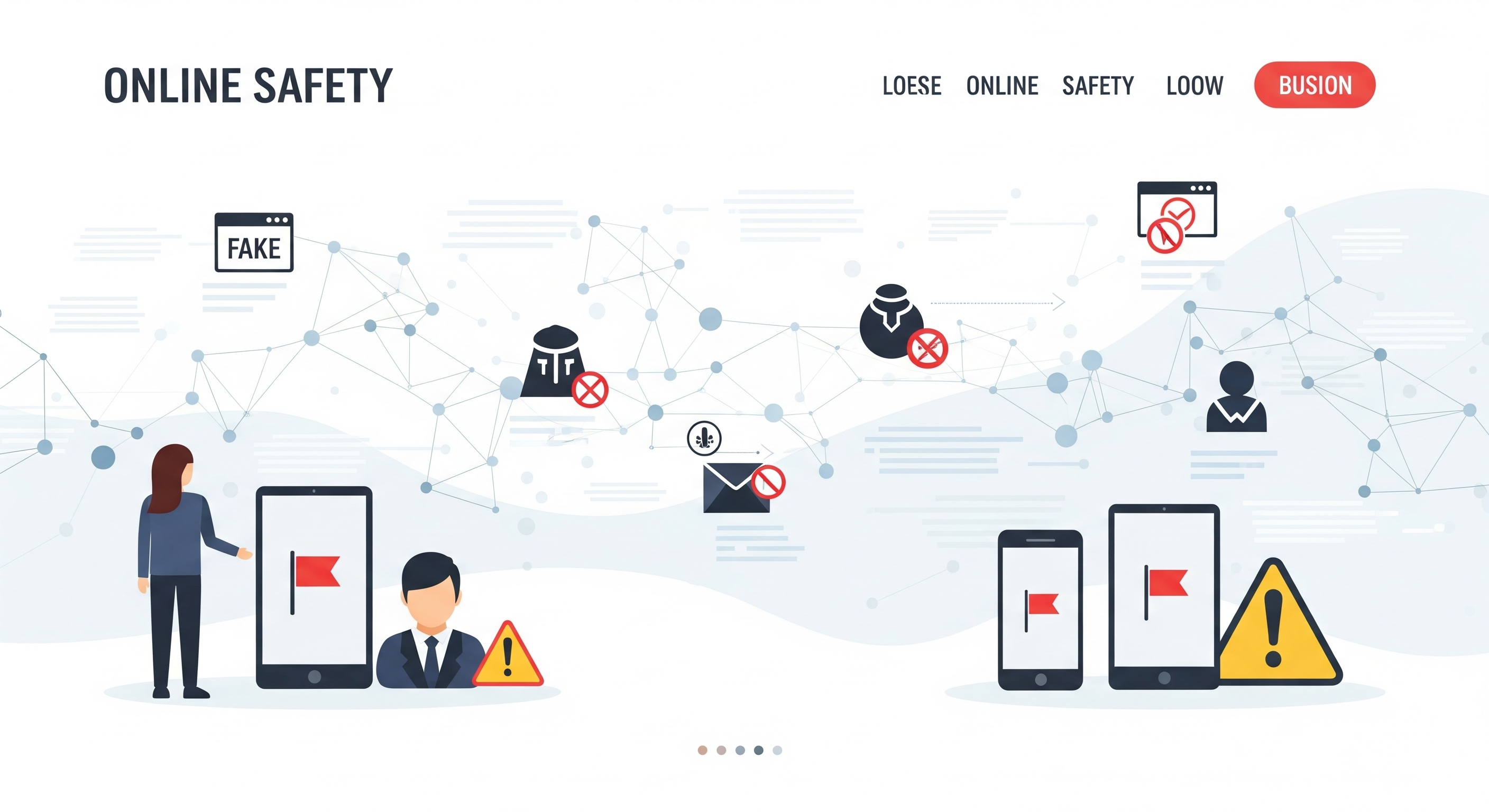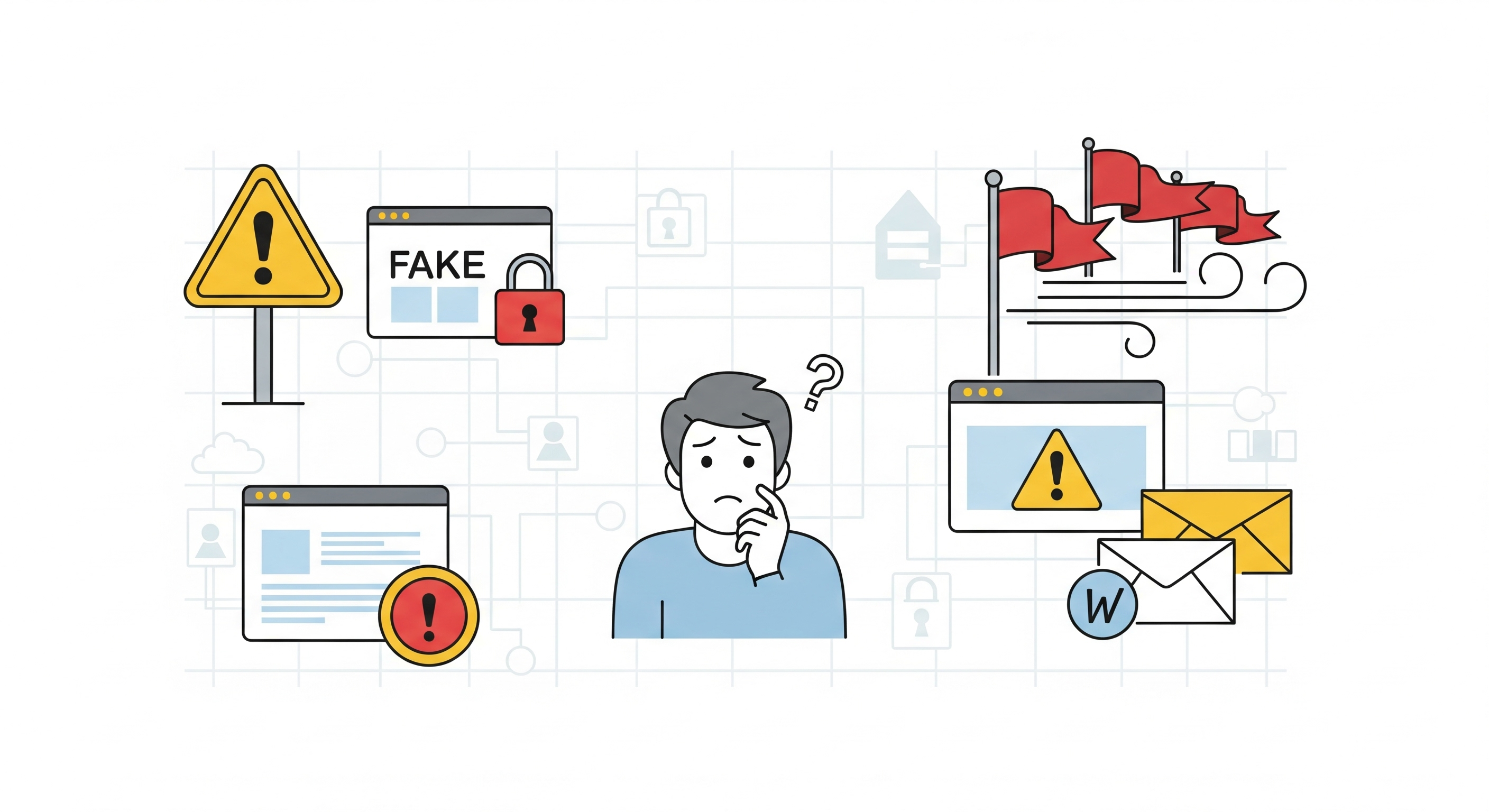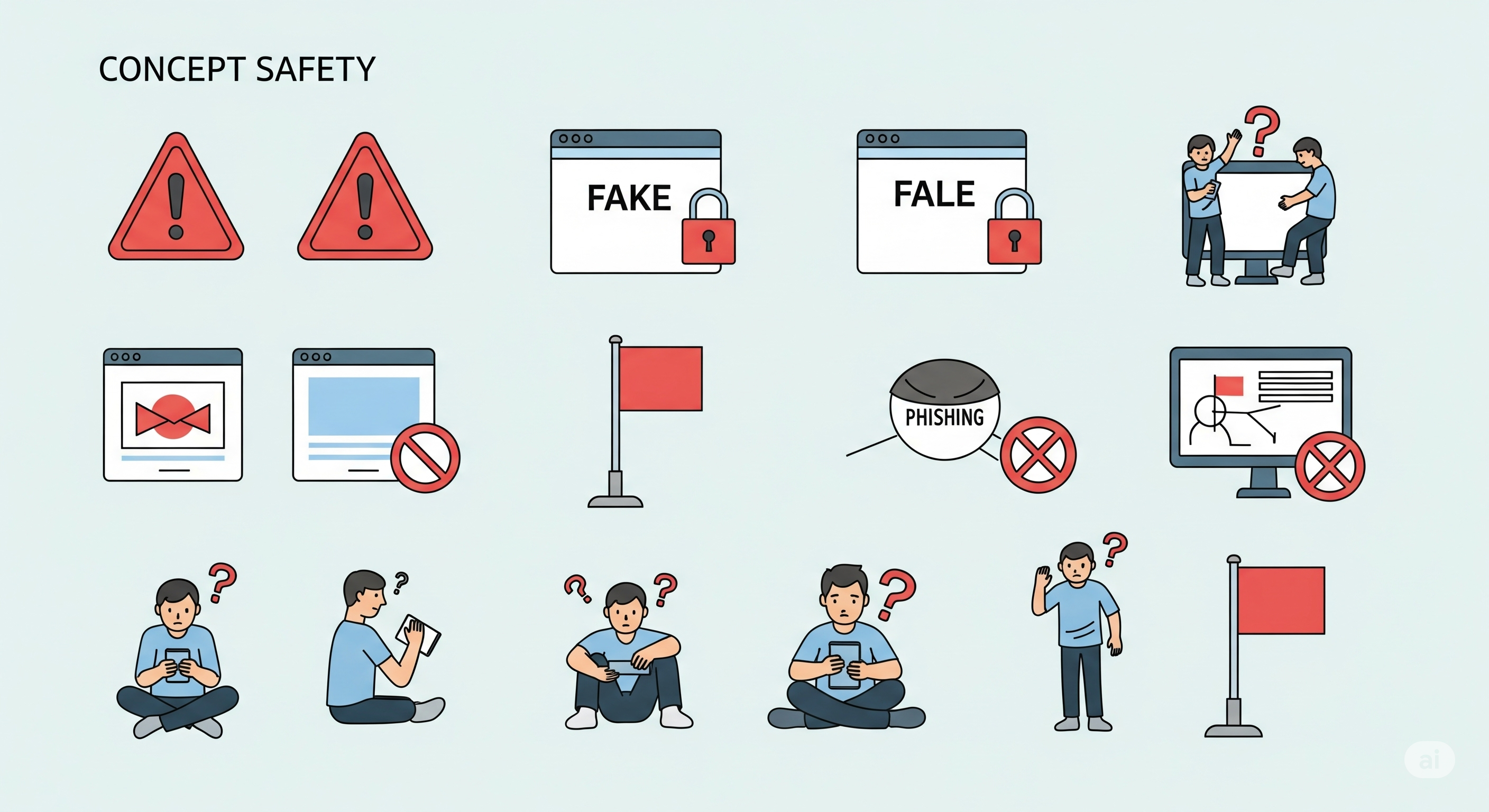Tips & Support
Be Skeptical Online
Be Skeptical Online
By Admin
Related Topics

Beating Dynamic Pricing
You are not dreaming things if you have ever puzzled why the price of a ticket hotel or even a......
Read More

Deal Timing Guide
Have you ever purchased anything and then seen it go on sale a few days later nbsp Or hurried into......
Read More

Strategic Savings
In today s fast-paced digital world when offers seem too good to be true and impulsive buys are just a......
Read More

10 Red Flags to Spot a Scam Website
Scam websites are becoming smarter all the time in this digital era nbsp What used to be clearly phony websites......
Read More

Beating Dynamic Pricing
You are not dreaming things if you have ever puzzled why the price of a ticket hotel or even a......
Read More
Deal Timing Guide
Have you ever purchased anything and then seen it go on sale a few days later nbsp Or hurried into......
Read More
Strategic Savings
In today s fast-paced digital world when offers seem too good to be true and impulsive buys are just a......
Read More
10 Red Flags to Spot a Scam Website
Scam websites are becoming smarter all the time in this digital era nbsp What used to be clearly phony websites......
Read More


